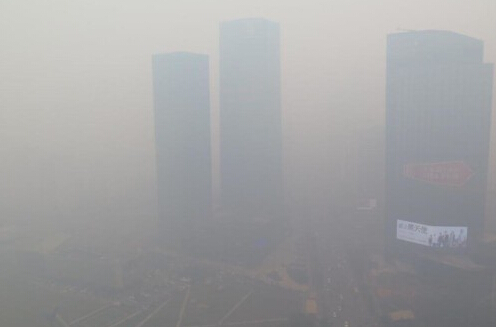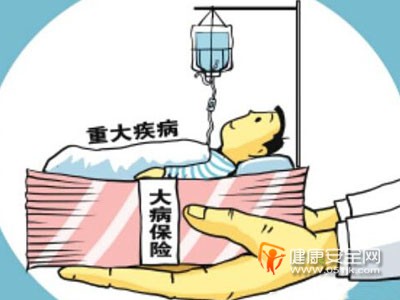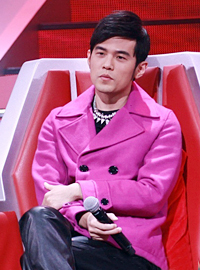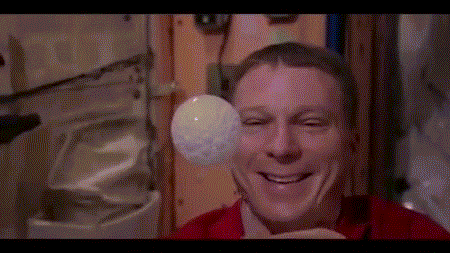
The Taloja industrial area near India's financial capital Mumbai has nearly 1,000 pharmaceutical, food and engineering factories.
印度经济中心孟买附近的塔罗加工业区里,有近千家制药、食品和制造业工厂。
Dogs in the suburbs of India's financial capital Mumbai are reportedly turning blue due to untreated industrial wastes being released into a river. Stray dogs near Navi Mumbai's Taloja industrial area often wade into the Kasadi river for food and water.
有报道称,印度经济中心孟买郊区的狗变成了蓝色,可能是由于工业废水未经处理污染了河流。孟买新区中,塔罗加工业区的流浪狗常常会到卡萨迪河中寻找食物或直接饮用河水。
On Wednesday (August 9), the Navi Mumbai Animal Protection Cell took pictures of a dog that had turned blue.
8月9日(周三),孟买新区的动物保护组织拍摄了一些蓝狗的照片。
The group filed a complaint with the Maharashtra Pollution Control Board (MPCB) on Thursday, saying the untreated waste that industries were releasing directly into the river was causing suffering to the animals.
该组织周四向马哈拉施特拉污染控制委员会(MPCB)提出投诉,称工厂将未经处理的废物直接排入河流,使动物遭受痛苦。
Taloja is said to have nearly 1,000 pharmaceutical, food and engineering factories.
据了解,该区域有近千家制药、食品以及制造业工厂。
"It was shocking to see how the dog's white fur had turned completely blue," Arati Chauhan, resident of Navi Mumbai who runs the animal protection cell said. "We have spotted almost five such dogs here and have asked the pollution control board to act against such industries," she added.
住在孟买新区的动物保护机构负责人阿拉蒂•乔汉说:“看到狗的白色皮毛完全被染成蓝色真是令人震惊,我们已经在这一地区发现了五只这样的狗。目前我们要求污染控制委员会对这些工厂采取措施。”
In August 2016, fishermen were concerned that the polluted river water was affecting the fish in it. Quality tests conducted on samples collected from the common discharge treatment plant that 300 industrial units use to treat their waste showed that waste treatment was inadequate.
在2016年8月,渔民担心受污染的河水会影响河中的鱼类。300个工厂均把废水排往一处普通废水处理厂,而在该厂采集的样本经过水质检测表明,废水的处理措施并不到位。
The levels of biochemical oxygen demand (BOD) – the concentration of oxygen required to sustain aquatic life – was 80mg/L. High levels of chloride, which is toxic, have harmed vegetation, aquatic life and wildlife. According to the Central Pollution Control Board guidelines, fish die when the BOD levels are above 6mg/L and levels above 3mg/L make the water unfit for human consumption.
维持水生生物所需的生化需氧量(BOD)的参考浓度为80毫克/升。剧毒的高浓度氯化物,会损伤植被、水生生物和野生动植物。根据中央污染控制委员会的指导方针,当BOD水平每升高于6毫克时,鱼类便会死亡;而水平高于每升3毫克时,人类便无法使用该水源。
The untreated industrial waste pumped out by these industrial plants had increased pollution levels in the Kasadi river to 13 times the safe limit, the Hindustan Times reported.
《印度斯坦时报》报道,工厂排放的未处理工业废水已经使卡萨迪河中的污染水平超标13倍。
"After numerous complaints to MPCB over the years, only the stench at Kasadi has reduced. However, the pollution levels continue to be extremely high and dissolved oxygen is negligible," Yogesh Pagade, member of a local fishing community that had conducted the study last year said.
约格思•帕嘉德是当地渔民组织的一个成员,他在去年进行了相关研究。“多年来MPCB收到的投诉不计其数,可只有卡萨迪河的恶臭减轻了,污染水平仍然很高,溶氧量在污染程度面前简直不值一提。”
MPCB officials said they had taken cognisance of the complaint. "Allowing the discharge of dye into any water body is illegal. We will take action against the polluters as they are destroying the environment," the board's regional officer Anil Mohekar said. "We have directed our sub-regional officer to investigate," he added.
MPCB的官员表示已经受理投诉。“排放染料到水体中是非法的。我们将惩罚那些污染环境的人。”委员会的区域负责人阿尼尔•摩何卡尔说道,“我们已经派遣下属区域负责人着手调查。”
Animal rights activists are wondering if the move has come a bit too late, "We have only spotted blue dogs so far. We do not know if birds, reptiles and other creatures are affected or if they have even died owing to the dye discharged into the air," Chauhan said.
尽管如此,动物权益保护者们还是质疑MPCB的表态是否过晚。乔汉说:“目前为止只是目睹了蓝色的狗,我们无法得知是否有鸟类、爬行类和其他生物因为这些排放到空气中的染料受到影响甚至死亡。”
英文来源:国际财经时报
翻译:朱晓婷(中国日报网爱新闻iNews译者)










































































































